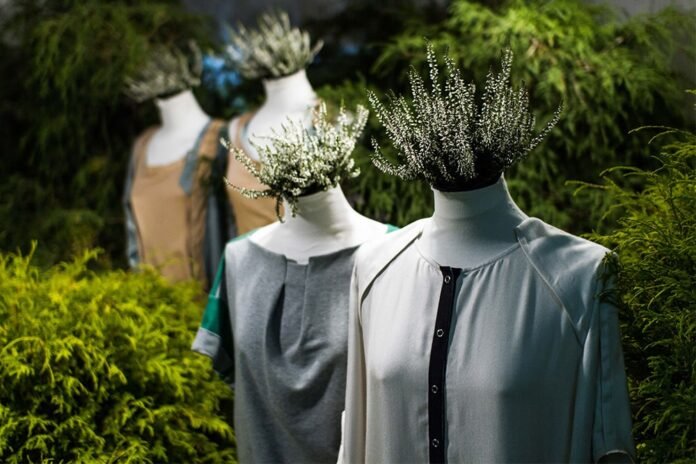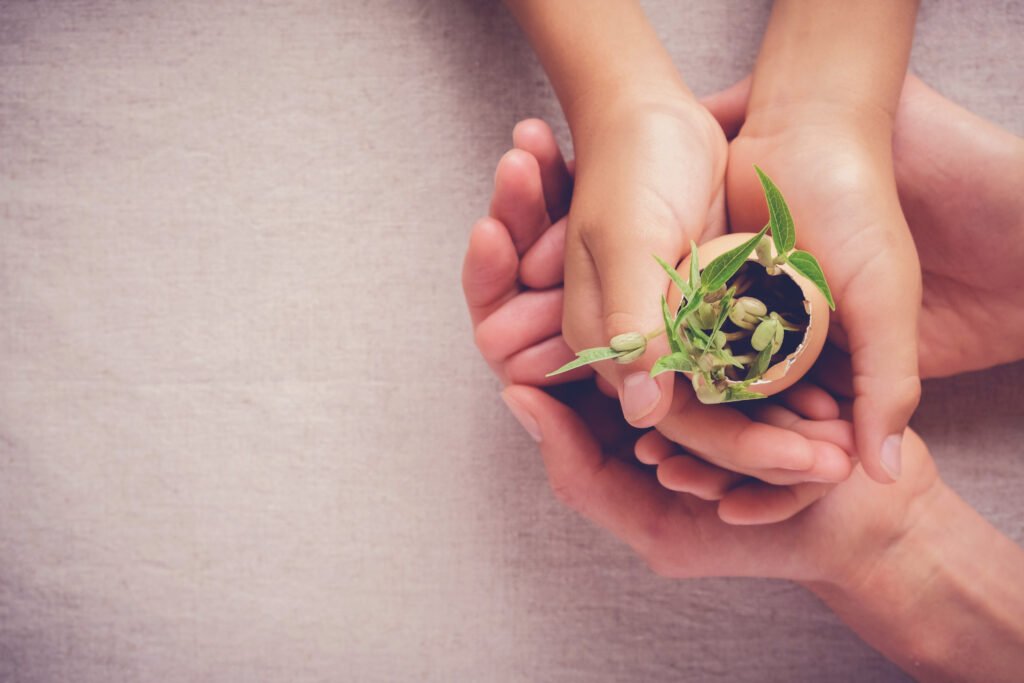Since the dawn of the internet age and the latest technology, the world has seen a sea of modifications in how brands and designers interact with the marketplace and consumers and about the expectations consumers are challenging with vendors. The pandemic economy accelerated the move to online selling, and brands fell by the wayside because they lacked the agility to adapt to old ways. Fashion and textiles are notorious polluters, as 10% of all carbon emissions are the product of what we do to clothe the world’s people. Various estimates indicate that 25% of all freshwater pollution comes from textile treatment and dyeing processes. However, the problem extends far beyond our direct carbon footprint, and addressing it brings financial incentives to match the conscientious incentives. An estimated 30% of all apparel produced is overproduction, so on-demand production is becoming inevitable.
On-demand production harnesses the immediacy and creativity of the internet age. It is the logical evolution of a marketplace digitized, interconnected worldwide, driven by more data than we have ever had, and ideal to meet the industry’s economic and sustainability challenges. Digital production means creativity and self-expression no longer have a waiting period. Going digital can fundamentally change any business accustomed to traditional analog processes. Maintaining new technologies requires a new skill set (aligning with an increasingly digital workforce). On-demand production minimizes materials waste to drive ROI and opens new sales channels and product opportunities. Creating more products and profit with less time, materials, energy, and production footprint—it is possible to train your workforce to do more and scale business for the long term.
Further this week, the EU has started new environmental norms to make chemical and textile industry plants greener. The new European Commission Decisions refer to the management and treatment of waste gas in the chemical sector and a series of activities in the textile industry. They stem from a coordinated effort by stakeholders, including the industry, to agree on the Best Available Techniques (BATs). It is another step by the European Commission towards the Zero Pollution ambition to reduce air, water, and soil pollution to levels harmless to health and the environment. The Zero Pollution goal is one of the Green Deal’s headline actions on pollution, among a series of initiatives aiming to make Europe the first climate-neutral continent. The new norms and the EU Chemicals Strategy for Sustainability aim to protect human health and the environment while boosting industry competitiveness.
Further this week, the announced Portugal’s Modtissimo Fashion Fair has been announced, which is the Answer To Sustainable Production in 2023. On February 15, 2023, the 61st fair will take place at the Exponor Exhibition Centre for the second iteration inside this 200,000-square-meter facility just north of the Porto city center. Natural materials, finer textiles, and sustainable processes for producing fashion are genuine attractions for fashion buyers, and Portugal has invested in the sector accordingly. Producing outerwear, weaving, textile manufacturing, and clothing production are the largest portions of their industry.
Further this week, Lameirinho goes bananas for sustainability. Lameirinho’s latest eco-friendly fashion bedding introductions let nothing go to waste. Similarly, BASF’s Monomers division has announced an ambitious sustainability roadmap this week. It will expand its portfolio of products with a lower CO2 footprint and is committed to providing a circular option in every major product line by 2025. At the same time, the division will continue to prioritize technical optimization measures to cut CO2 emissions from operations.
Further this week, South Asia Textiles (Pvt) Ltd. (SAT), a subsidiary of Hayleys Fabric PLC, is making waves globally and in the local industry with ‘Midnight by Charcoal’ – a novel range of textiles featuring organic dyes derived from biomass charcoal waste. SAT’s ‘Midnight’ range gained fresh international acclaim after winning a place among the ‘Top 10 Innovations in the Street Sports’ category at ISPO Munich – a leading German platform for discovering and showcasing the world’s most innovative, sustainable, high-performance fabrics. This is the second time in the past year that a powerful Sri Lankan innovation in eco-friendly fabric dyes has been recognized by ISPO and both from the Hayleys Fabric Group. Hayleys Fabric and SAT are both signatories to the Science-Based Targets initiatives (SBTi) for reducing Greenhouse Gas (GHG) emissions and limiting global warming to 1.5 °C as part of a broader effort to achieve net-zero emissions by 2050. SAT also recently obtained the ISO 14001 and ISO 45001 certifications for elevating its environmental sustainability and employee health and safety systems on par with global best practices.




